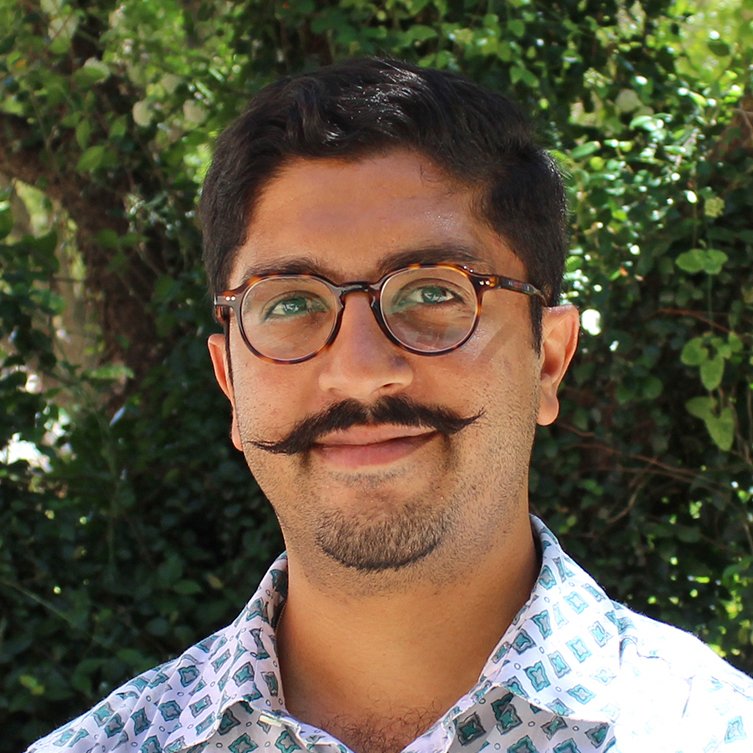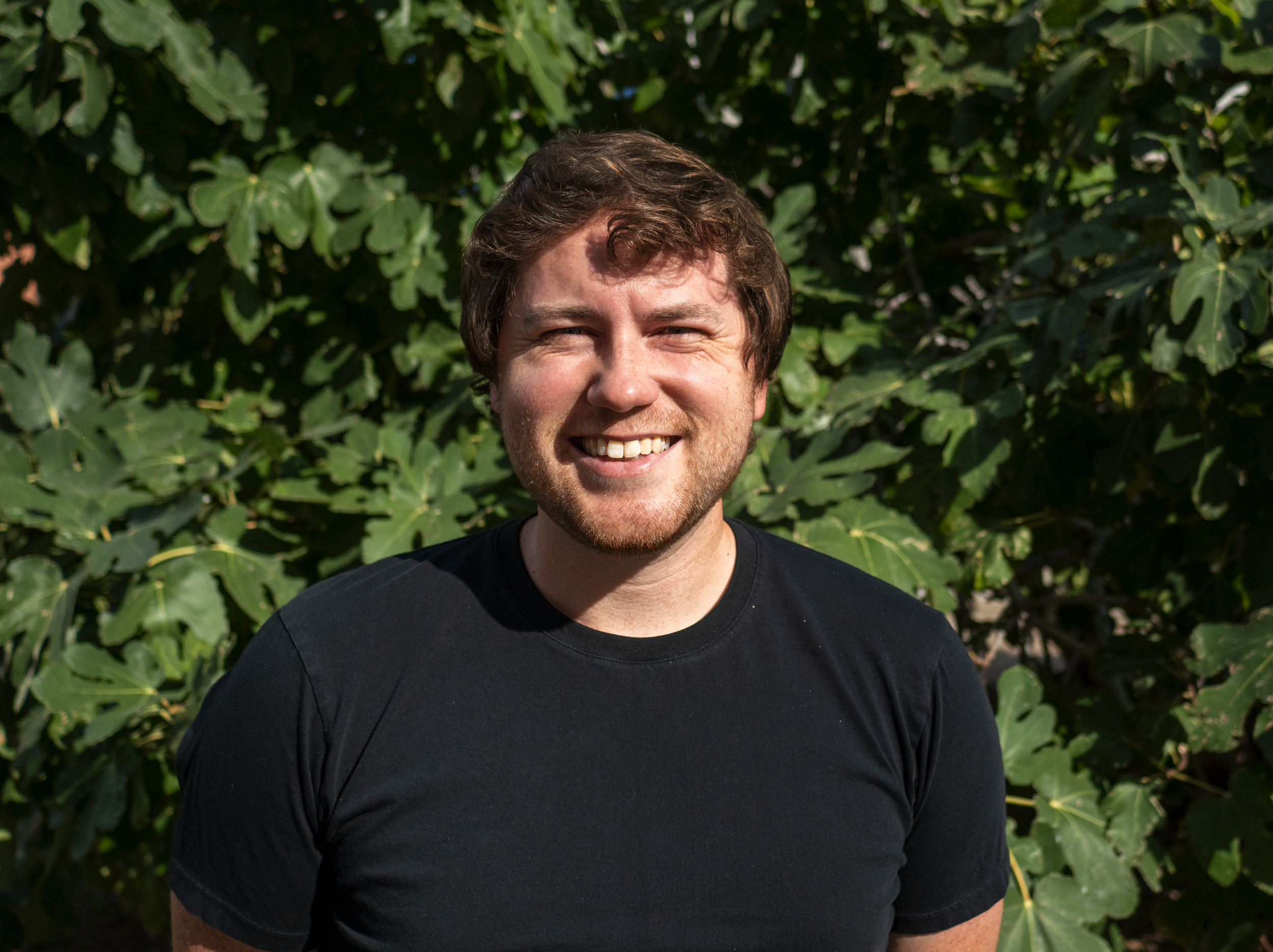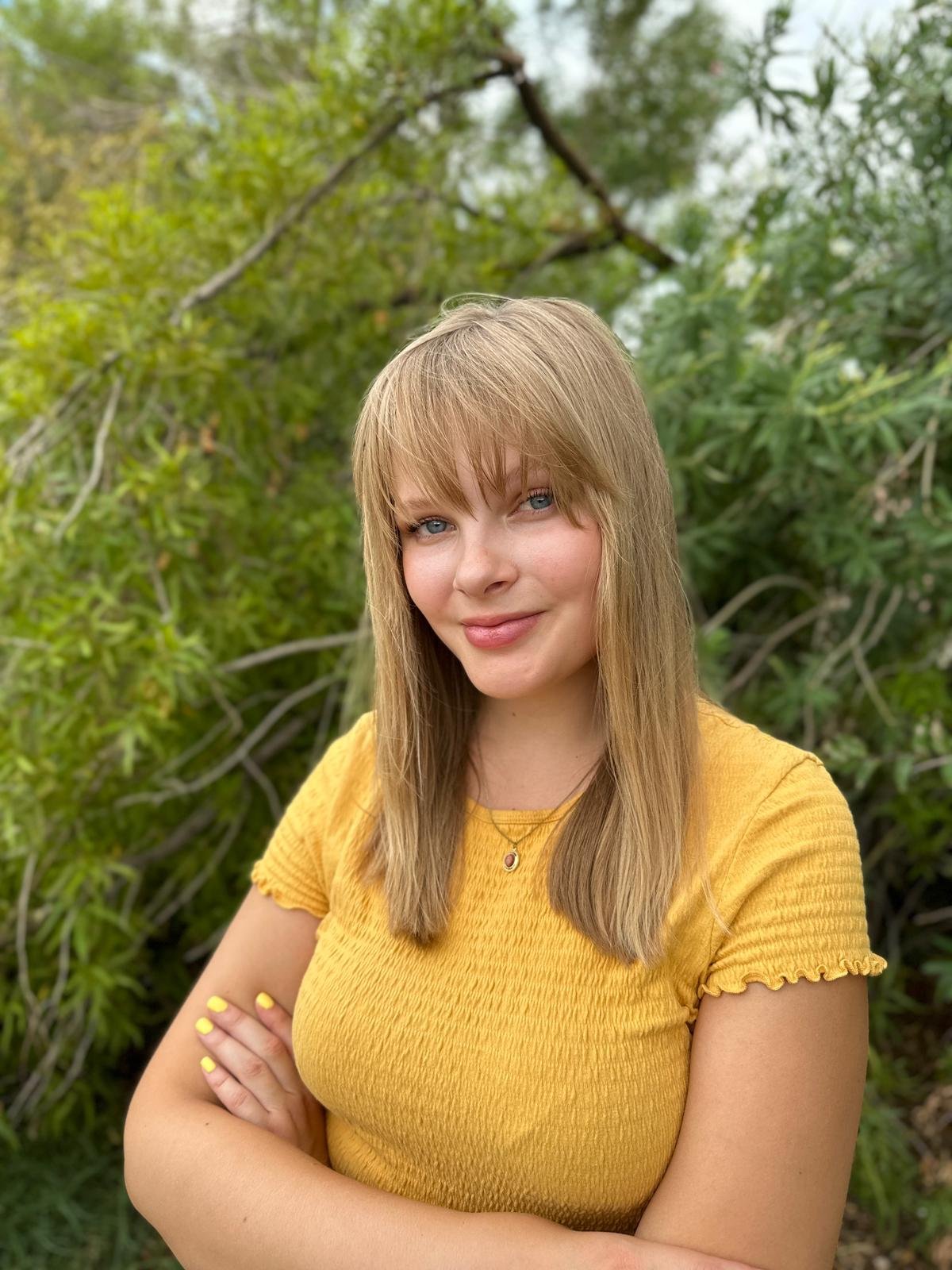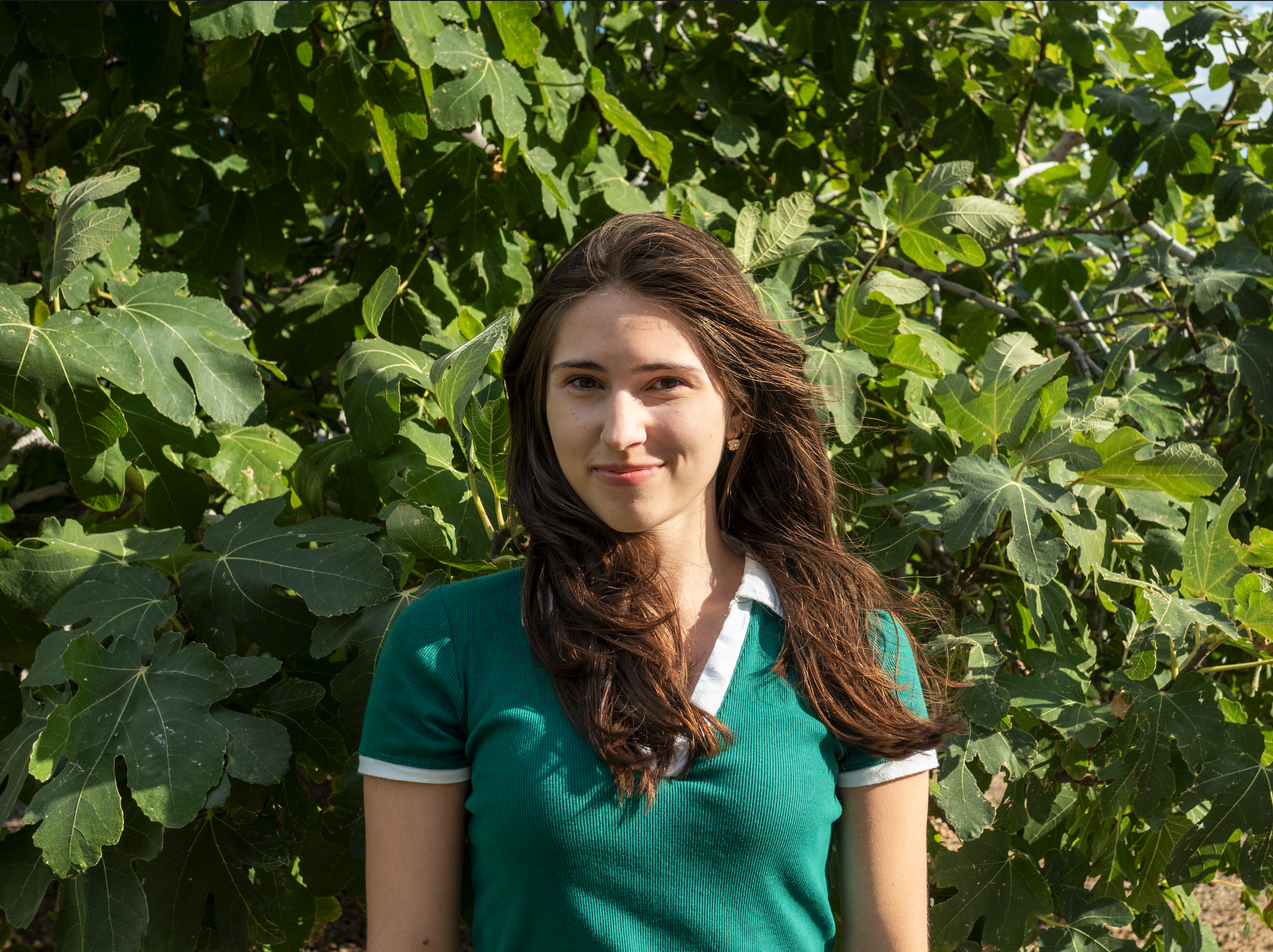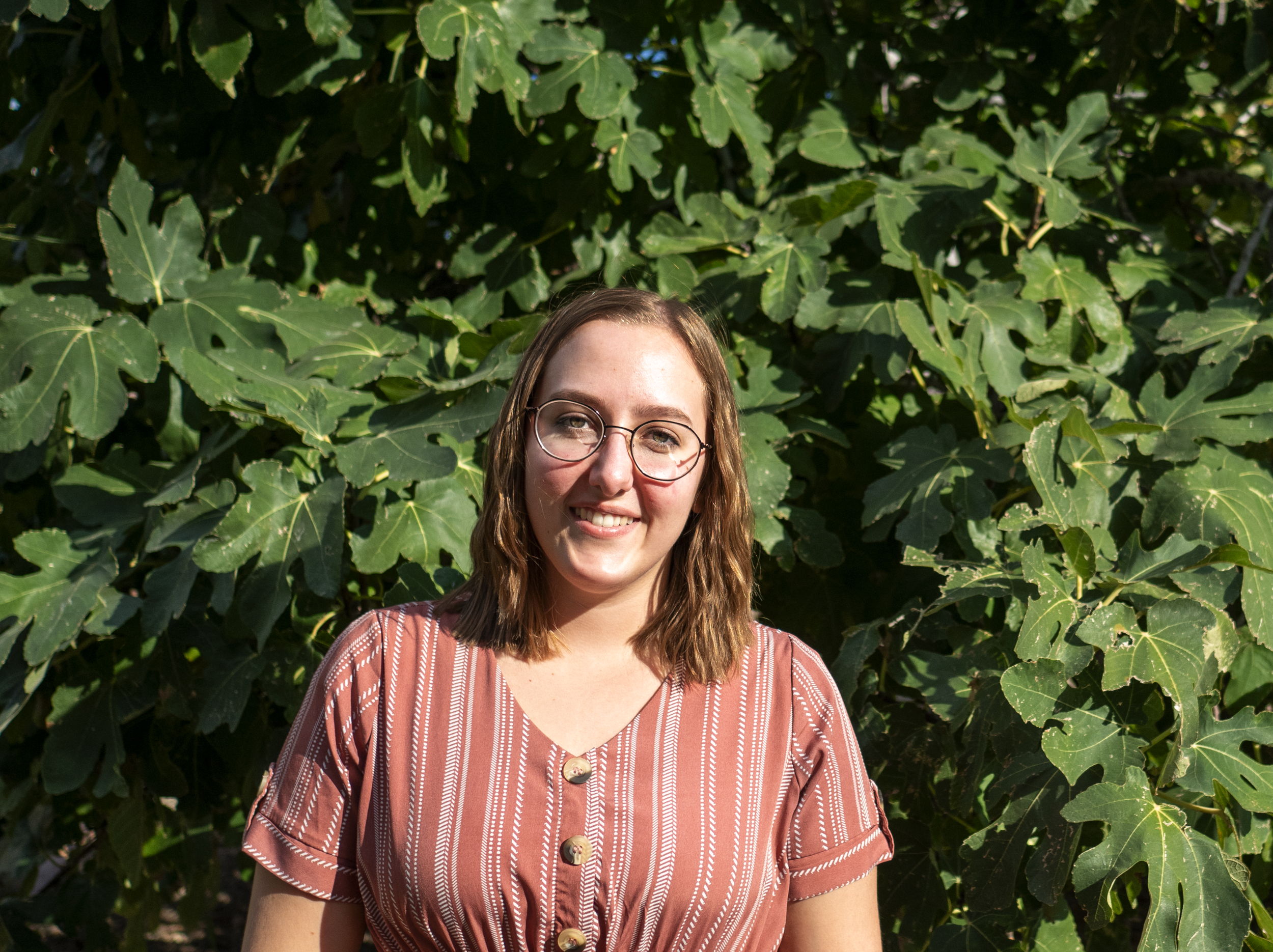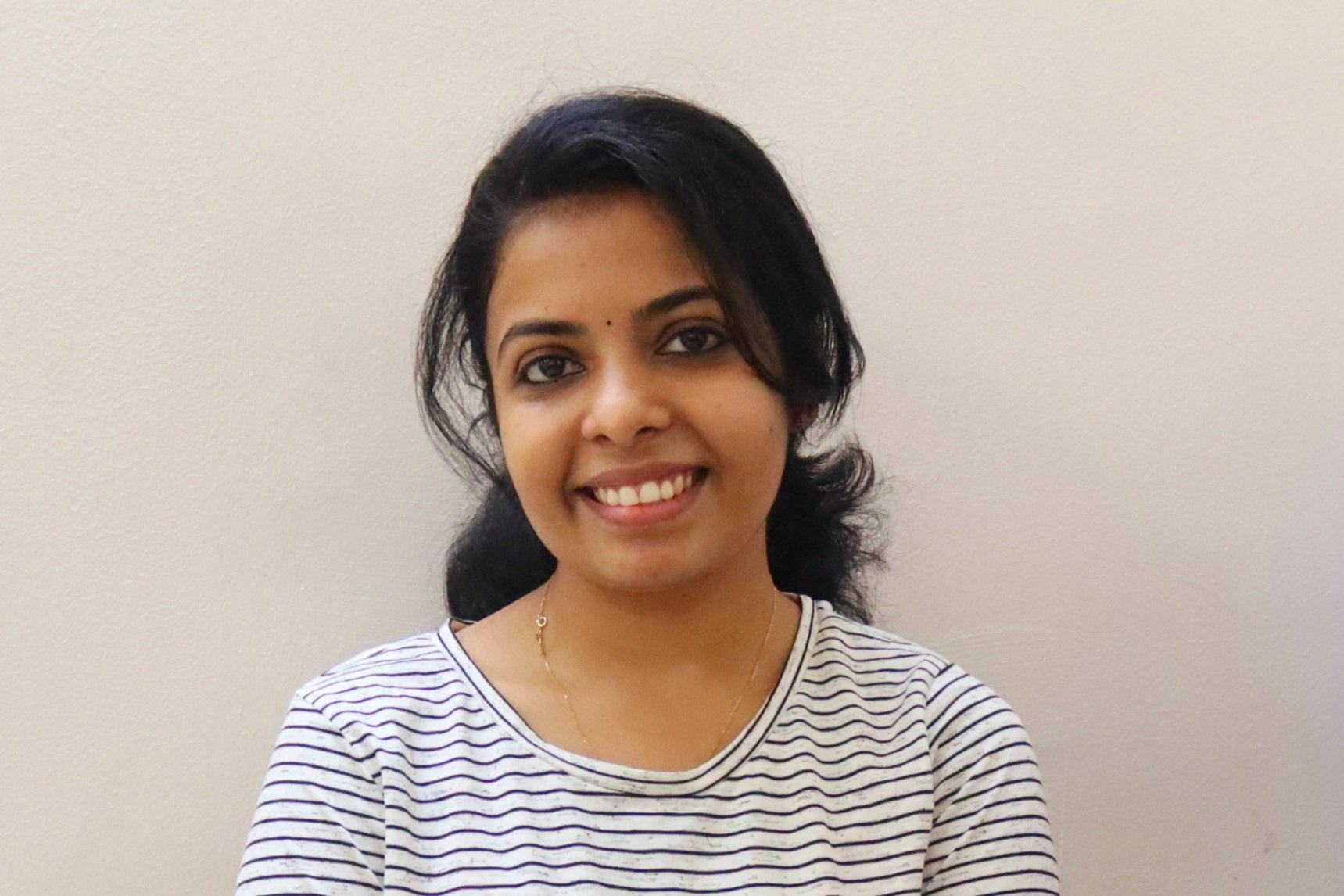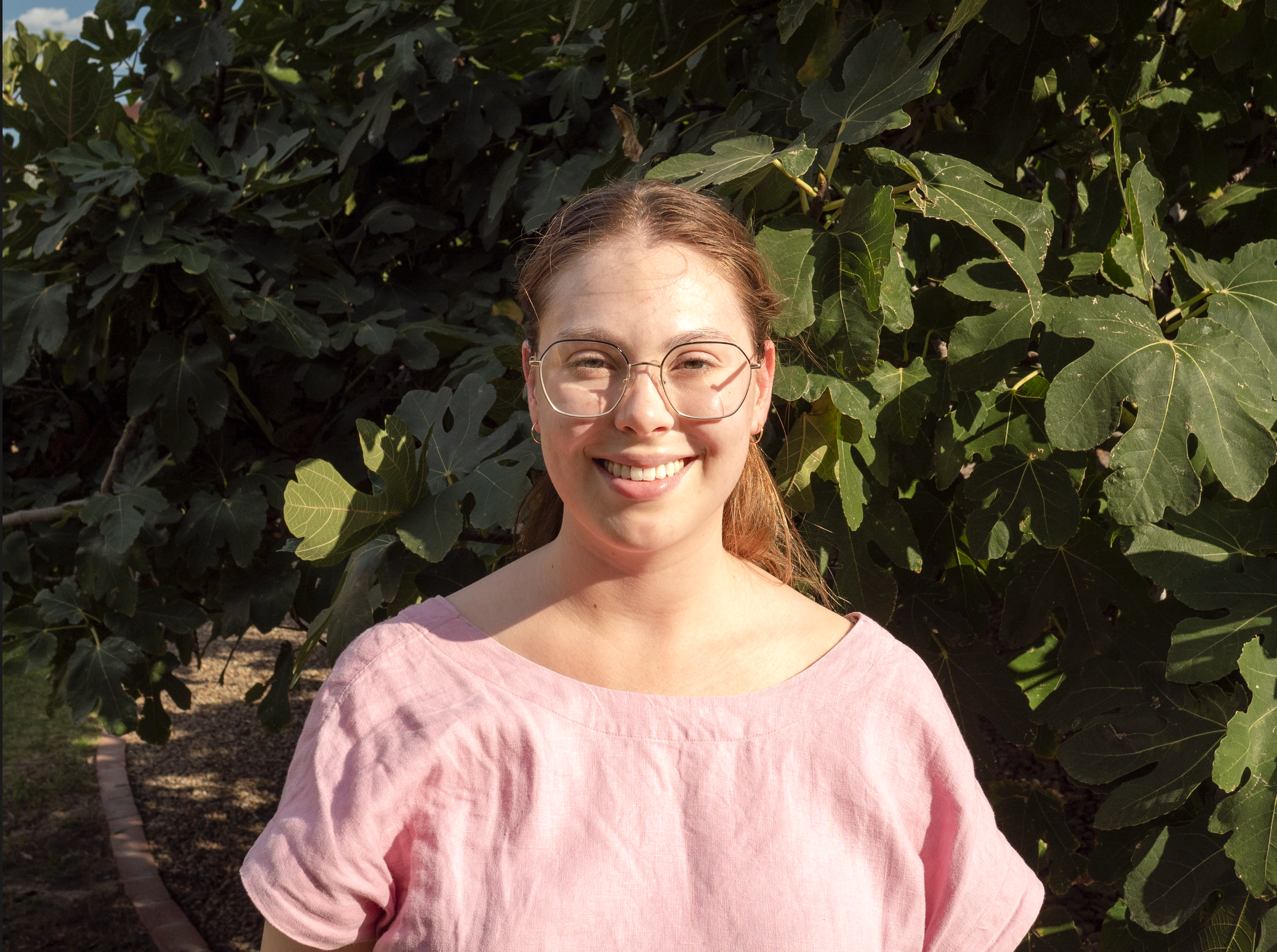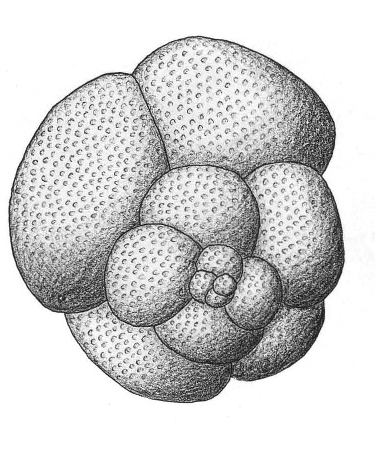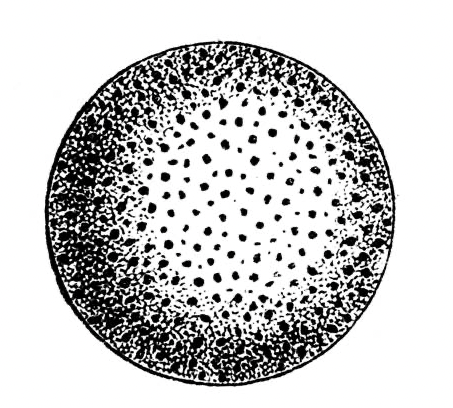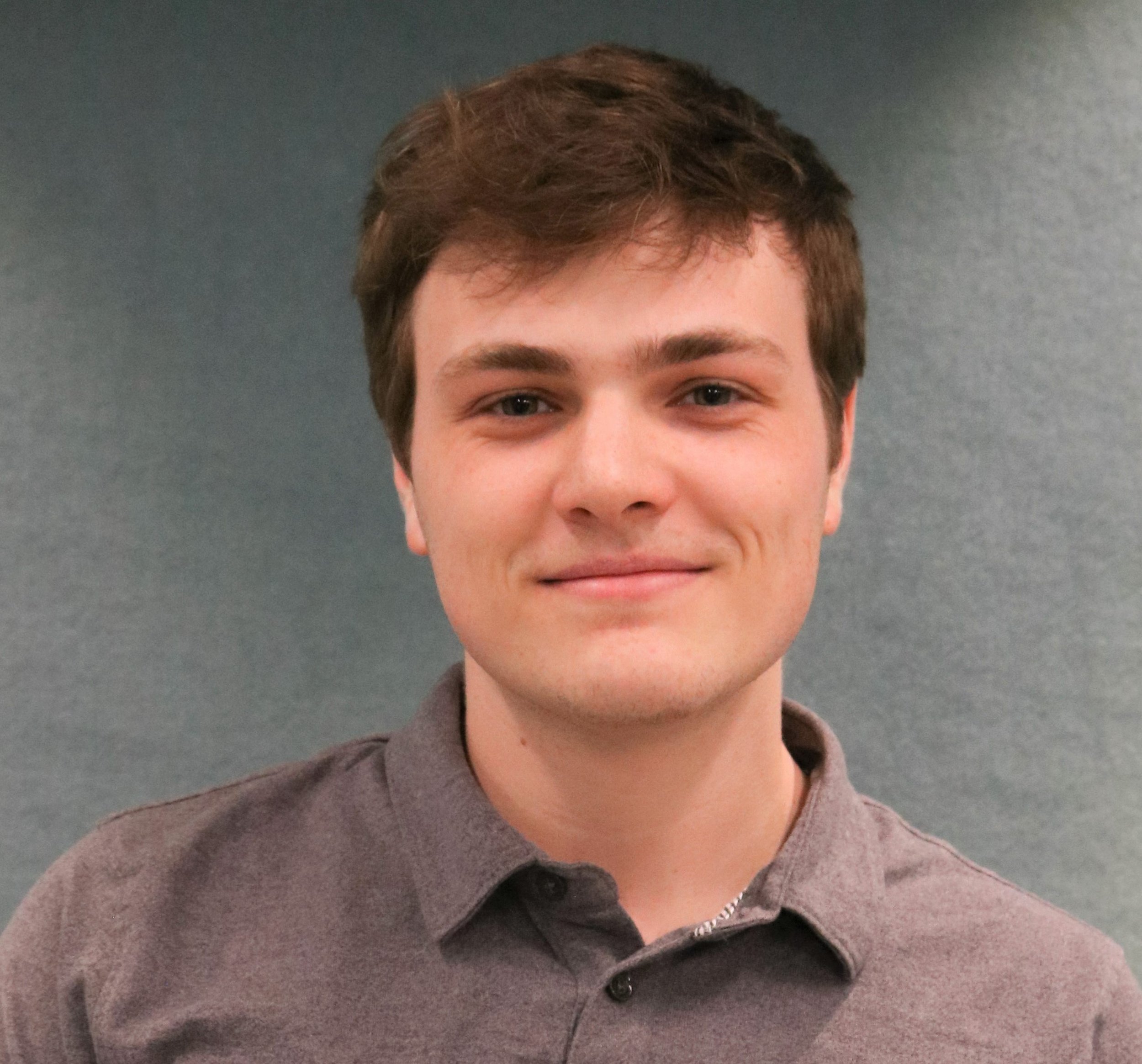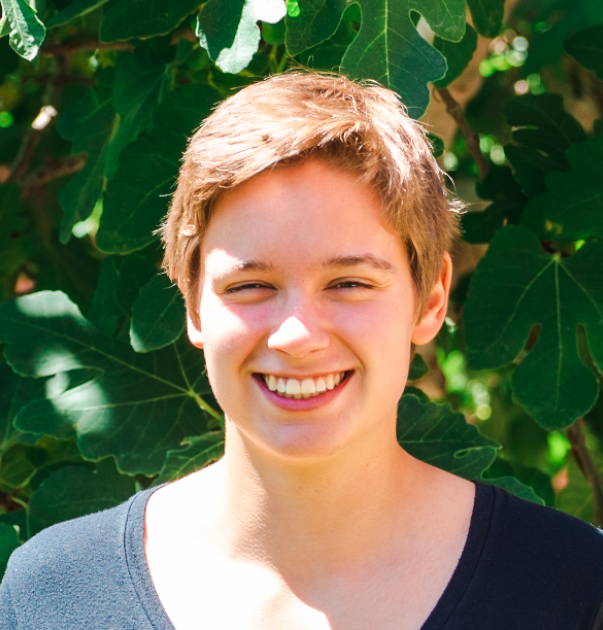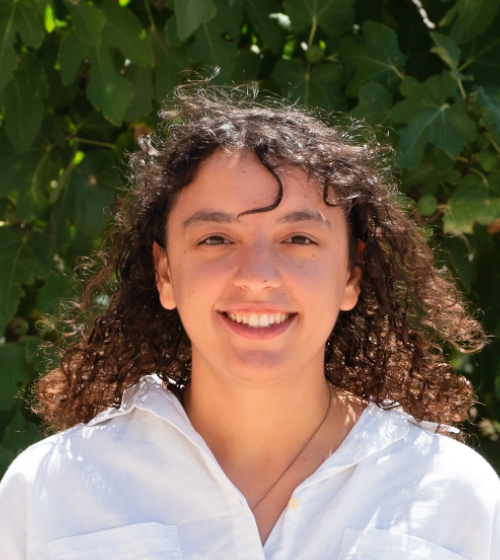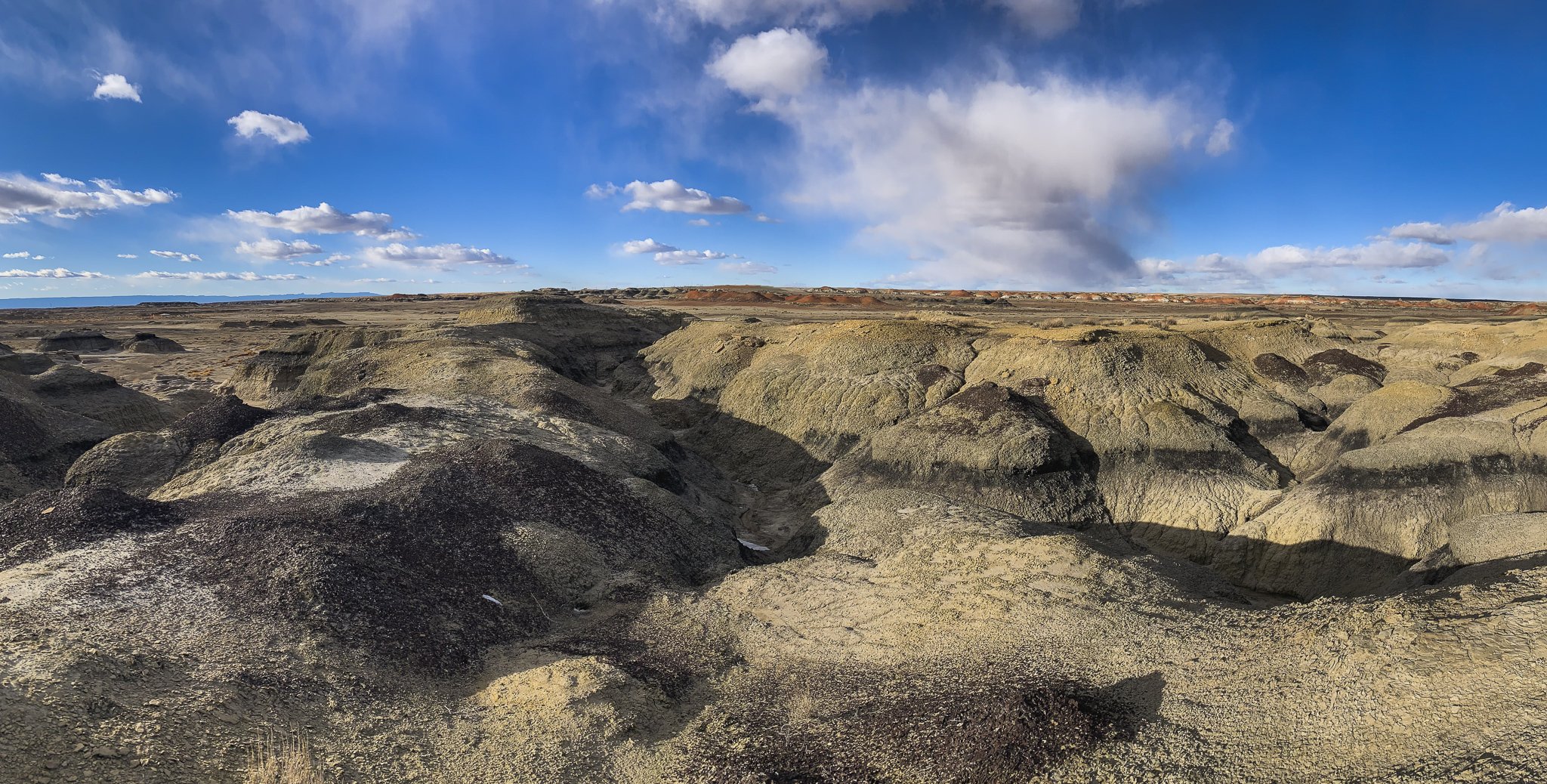
Our Group
PALEO² LAB
CURRENT LAB MEMBERS
Originally from Bengaluru, India, Kaustubh joined the Department of Geosciences as an assistant professor in Fall 2019 after a postdoctoral fellowship at Brown University. Prior to that, Kaustubh was at the University of Texas at Austin where he completed his M.S. and Ph.D. degrees; he also has a B.Tech degree in Chemical Engineering from the National Institute of Technology, Karnataka.
Research Interests: paleoceanographic dynamics, foraminiferal geochemistry, monsoons, ENSO, marine paleoecology
Personal Interests: birding, heavy music, photography
Email: kaustubh@arizona.edu
Ryan Glaubke received his Ph.D. from Rutgers University before joining the Paleo2 Lab in the Fall of 2024. He is broadly interested in the reconstructing past ocean conditions from periods of Earth’s history that could serve as “natural analogues” to the rate and magnitude of modern climate change. At Rutgers, Ryan’s dissertation work focused on the role ocean circulation played in the rise of atmospheric CO₂ concentrations across the last major example of global warming—the Last Deglaciation. At Old Dominion University, where Ryan received his B.S. and M.S. degrees, he investigated the response of the El Niño system—the world’s largest and most globally significant recurring climate pattern—to episodes of meltwater discharge across abrupt climate events in the deglacial period. Now, at the University of Arizona, Ryan is investigating whether the Indian Ocean supported a new and potentially significant mode of climate variability during the Pliocene—a warm period approximately 3 million years ago that resembles Earth’s future climate. Together, Ryan hopes these lessons from the past will help inform our projections of future change.
Personal interests: Hiking, surfing, soccer, music, and reading.
Email: glaubke@arizona.edu
Online presence: Bluesky, ResearchGate, Google Scholar
Aniket Dhar is a second year PhD student broadly interested in using geochemistry and mineralogy in carbonate archives like cave calcite formations (speleothems/ stalagmites) to reconstruct past and observed climatic trends. His current research work is focused on reconstructing the last 500 years of southern Indian hydroclimate changes by analyzing the stable isotopic (δ18O and δ13C) composition in a speleothem from southern India. Additionally, Aniket is interested in understanding the kinetics of calcite precipitation and dissolution in karst systems and the chemical exchange during the growth of speleothems using the mineralogy and the trace element (Mg/Ca, Sr/Ca, Ba/Ca) composition of stalagmites.
Alexandra is a first-year M.S. student in the Department of Geosciences at the University of Arizona and joined Dr. Thirumalai’s lab in the Fall of 2023. She is originally from upstate New York and received her BS degree in Atmospheric Science from SUNY Albany. Currently, Alexandra works with stable isotope measurements on foraminifera to reconstruct past climate regimes and variability.
Research Interests: Paleoclimate/Paleoceanography, Stable Isotope Geochemistry, ENSO and other large-scale climate dynamics
Email: aokeefe@arizona.edu
Originally from Northern Virginia, Amanda is a first-year M.S. student who joined Dr. Thirumalai’s Paleo² Lab in the Fall of 2024. Previously, she earned her BA in Earth and Climate Sciences from Middlebury College. Amanda is broadly interested in what foraminiferal proxies like Mg/Ca ratios and stable isotopes (δ¹⁸O and δ¹³C) can reveal about past ocean and climate conditions.
Email: amanoogian@arizona.edu
Hayley McKenley graduated with her undergraduate degree in the Geosciences in 2024 from the University of Arizona. She joined the lab in the summer of 2022 to study benthic foraminifera and continues to work in the Paleo² Lab as a laboratory manager.
Email: hmckenley2011@arizona.edu
Ainsley Carling is a senior undergraduate student in the Geosciences program at the University of Arizona. She joined the Paleo² Lab in the Fall of 2024. She is currently researching stable isotopes and atmospheric dynamics of Tucson precipitation.
Ammoose is a third-year Ph.D. Scholar from the Central University of Kerala, India. She joined Dr. Thirumalai's Lab in Fall 2022 as a Fulbright-Kalam Climate Fellow. Her doctoral research mainly focuses on the paleoceanographic investigations of sediments from the Bay of Bengal using planktic foraminifera as a proxy. At the University of Arizona, she will be working on the fate of the East India Coastal Current (EICC) during the Holocene Epoch and H1 event, correlating with excessively strong and weak phases of ISM variability.
Email: ammooseakj1@gmail.com
Samantha recently graduated from with a BS in Geoscience from the University of Arizona and joined the lab in January 2023.
Natalia is a Ph.D. student at the University of Vigo, advised by Drs. Gianluca Marino & Kaustubh Thirumalai. Natalia is interested in modeling the impacts of bioturbation on foraminiferal datasets, individual foraminiferal analyses, and ocean-atmosphere dynamics of the tropical Indian Ocean.
Email: nbienzobasmontavez@gmail.com
PAST LAB MEMBERS
Daniel Conley, originally from Atlanta, Georgia, joined the lab in the fall of 2021 and focused on research in stable water isotopes and atmospheric dynamics in Tucson. He graduated with a degree in Environmental Studies in 2024.
Tyler joined the Paleo² Lab in the Fall of 2021 as an undergraduate sophomore; he is currently pursuing graduate school research at Oregon State University. His work focused on studying foraminifera and stable isotope and trace metal analysis of their shells. His research investigated hydrological/climatic behavior in the Northern Gulf of Mexico over the Holocene epoch.
Maya completed her MS in the Paleo² Lab in 2022, working on Arctic Ocean foraminifera and using their assemblages and geochemistry to understand paleoceanographic variability. Before that, they obtained their B.S. at the University of Buffalo.
Valerie joined the Thirumalai Lab at University of Arizona for her M.S. in Fall 2020, which she completed in 2022. Before that she obtained her B.S. in geosciences at the University of Wisconsin-Milwaukee. Her research in the Paleo² Lab was methods-based and focused on developing techniques to measure small carbonate samples using the Kiel IV Carbonate Device and the MAT253+ isotope ratio mass spectrometer in the Paleo² Lab.
Emily joined the lab as an undergraduate researcher in the Spring of 2020. She graduated with a degree in Geoscience and a minor in Environmental Hydrology in 2022. Her project focused on foraminiferal assemblage variability and geochemistry in the Gulf of Mexico across the Younger Dryas, a cold period during the last deglaciation. In the future, she plans to continue researching marine ecology and paleoclimatology. She is currently a graduate student at North Carolina State University.
Serena joined the Thirumalai lab as a UA undergraduate in 2019 and is now pursuing her Ph.D. at the Woods Hole Oceanographic Institute. She received her BS in environmental science from the University of Arizona in May 2020. Her research in the Thirumalai Lab focused on using planktic foraminifera from the Bay of Bengal to investigate the relationship between paleomonsoon dynamics and faunal abundance across the deglaciation.
